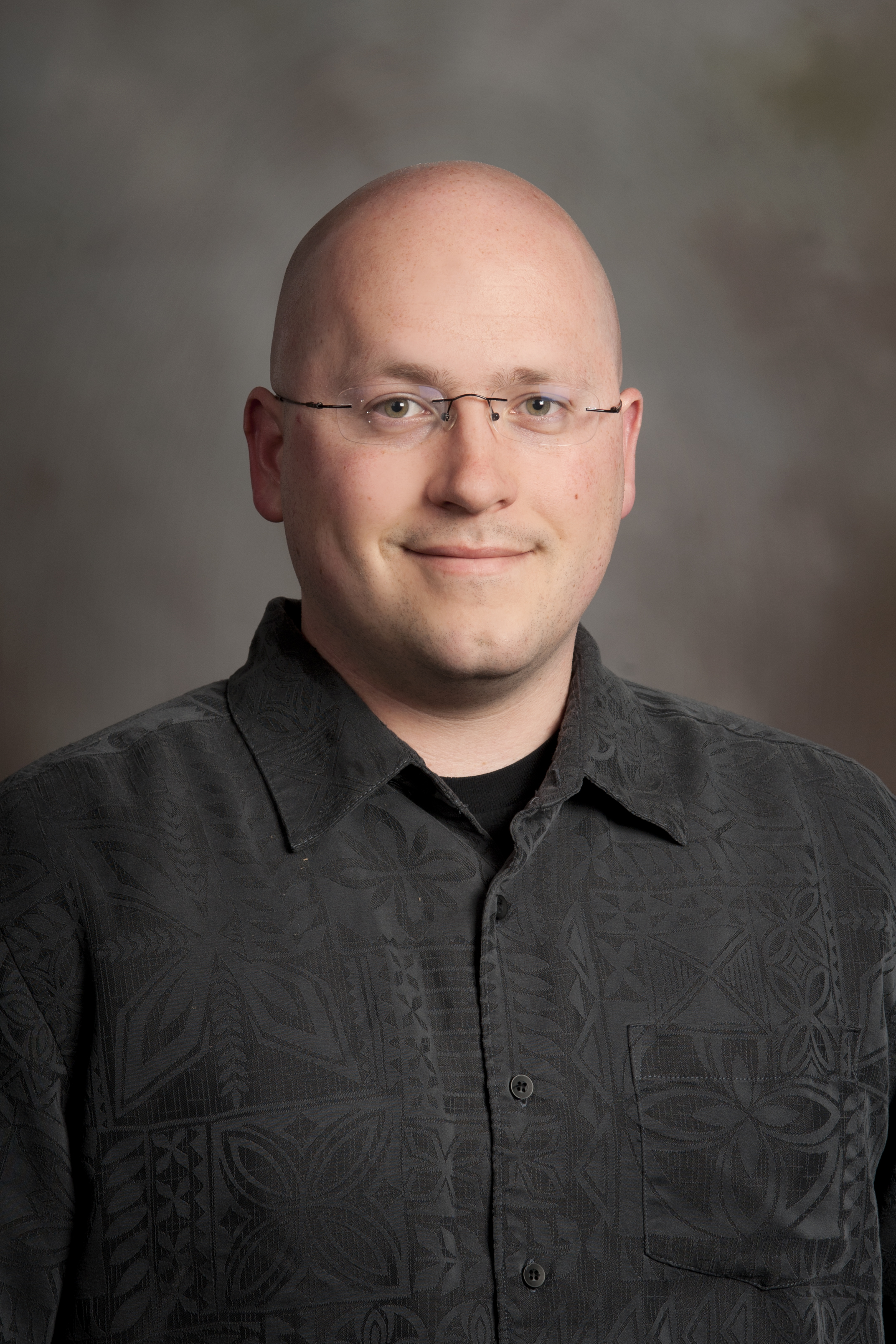Will Mather named Blackwood Junior Faculty Fellow of Life Sciences

Will Mather, assistant professor of physics in the College of Science at Virginia Tech, has been named the Blackwood Junior Faculty Fellow of Life Sciences by the Virginia Tech Board of Visitors.
The Blackwood Junior Faculty Fellowship of Life Sciences was established in 2006 with a gift from Mary and Willis Blackwood to support and advance instruction, research, and collaboration in the life sciences with a complementary focus on the development of entrepreneurial opportunities. The recipient will work with the Bringing Science to Market program, a collaborative effort between the College of Science and the Pamplin College of Business. The fellowship appointment is for three years.
A member of the Virginia Tech community since 2012, Mather is a highly regarded biophysicist who was hired as part of the College of Science’s emerging undergraduate systems biology degree program and Integrated Science Curriculum.
His research spans the theoretical and experimental aspects of synthetic and natural biological circuits, using computer modeling based on the formalism of nonlinear dynamics as well as laboratory investigations that involve placing suitable markers in yeast cells and other single-cell organisms to identify the behavior that results when the biological circuits under study are modified or disrupted.
To further his research, Mather hired staff and recruited graduate students to set up his laboratory and began computations in synthetic biology and stochastic modeling. He secured a highly competitive three-year $960,000 sole-principal investigator grant from the National Science Foundation.
Mather is committed to the Integrated Science Curriculum and the systems biology courses in support of the college’s entrepreneurial mission to create educational opportunities that will attract new students to Virginia Tech.
Mather’s work in microfluidics and related devices will lead to new patents that will impact research laboratories, hospitals, and other settings. His software efforts will lead to licensable software that will bring systems biology research into educational settings and traditional research laboratories. And his synthetic-biology techniques may be patented for use in a broad array of academic and commercial settings.
Mather received his bachelor’s degree and Ph.D. from Georgia Tech.
Dedicated to its motto, Ut Prosim (That I May Serve), Virginia Tech takes a hands-on, engaging approach to education, preparing scholars to be leaders in their fields and communities. As the commonwealth’s most comprehensive university and its leading research institution, Virginia Tech offers 240 undergraduate and graduate degree programs to more than 31,000 students and manages a research portfolio of $513 million. The university fulfills its land-grant mission of transforming knowledge to practice through technological leadership and by fueling economic growth and job creation locally, regionally, and across Virginia.


